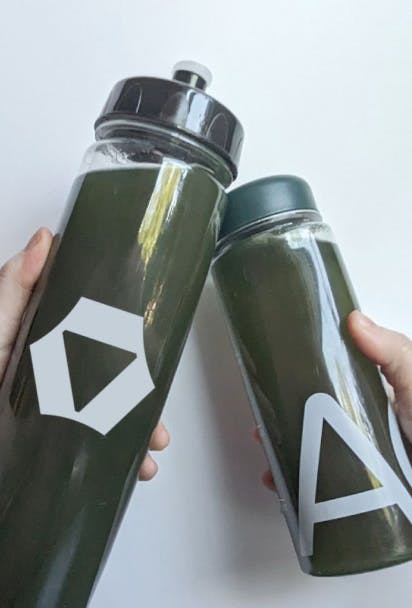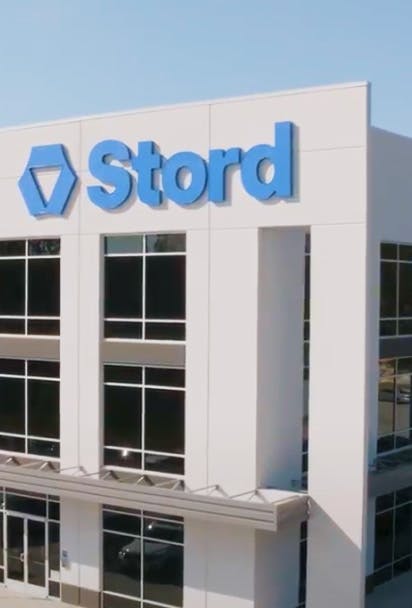August 12, 2020
Order fulfillment doesn’t matter, whether it’s a business to business (B2B) or business to consumer (B2C) ecommerce order, right? After all, fulfillment centers are focused on getting the goods to the end customer, no matter who they are. Well, that’s not the whole story. There are good reasons to understand how B2B order fulfillment differs from B2C order fulfillment.
The big picture is that B2B transactions go to other businesses, while B2C customers receive smaller orders. The end customer is an individual, not a business. The additional details, however, are important as they impact everything from the sales process to shipping costs and shipping methods, to lead times. And so much more. Here are some ways to break it down.
Order size:
As B2B fulfillment targets businesses, the purchase order size is usually larger, with bulk orders and regular ordering/shipping intervals. Companies might stock up on goods to resell to customers or to distribute among their stores or locations. A B2C order goes to a consumer, and typically involves smaller orders. They’re usually one-time orders, not recurring ones.
Purchase stages:
B2B orders and B2C orders have different purchase stages.
Pre-purchase stage: The pre-purchase process involves the decision-making sales process. The order itself might be a B2C or B2B ecommerce order, or it could be an order placed in person but fulfilled in a warehousing environment. B2C pricing is usually standardized, while B2B pricing is more complicated, as the terms differ by the purchasing company. For a B2B order, products might have variable pricing depending on conditions like quantity ordered, payment terms, and purchase commitments. These B2B and B2C customers do their research, make the decision, and complete the purchase.
Post-purchase stage: The post-purchase stage is where order processing and order fulfillment services take place, followed by shipping.
Order Fulfillment:
With B2B order fulfillment, expect a longer process with different shipping methods than for a B2C business. That’s because a B2B order involves larger quantities, possibly on pallets. They have customer rules to follow and often a longer lead time. The fulfillment process for a B2C order emphasizes time delivery issues, often 1-2 day delivery and free to discounted shipping.
Customer relationship:
Obviously customer satisfaction is important in any business relationship. But with B2B transactions, the customer experience is built over a longer term, and orders aren’t sent out the same day quite as often as with a B2C ecommerce order. For B2C orders, customer satisfaction means delivering a good product at the right price and on time.
Returns:
A B2B and B2C business must have a returns process in place, including a method for agreeing to returns, receiving and processing the inventory, and chargebacks. Returns for B2B transactions are more difficult due to order size, supply chain, inventory management, and warehouse management issues.
Working with a fulfillment partner
B2B and B2C order fulfillment is often done by a fulfillment partner. That could be a third-party logistics provider, which provides warehousing services, picking and packing, and shipping. However, keep in mind that a logistics partner tends to only handle either B2B or B2C because of their different requirements, so you may need to work with multiple partners.
Business customers may require the fulfillment companies to have electronic data interchange (EDI) abilities to exchange transactions and documents with vendors, suppliers and other partners. In this digital era, having the ability to process a SKU with barcode readers, and maintain real-time inventory management visibility, can greatly impact a company’s supply chain and operating efficiency.
Whether shipping B2B or B2C, finding the right fulfillment partner makes a huge difference. Stord can help you with your warehousing and shipping needs, both for B2B and B2C, providing the end-to-end visibility and consulting services to ensure your company’s success. Reach out to see how we can help your business thrive and grow.




